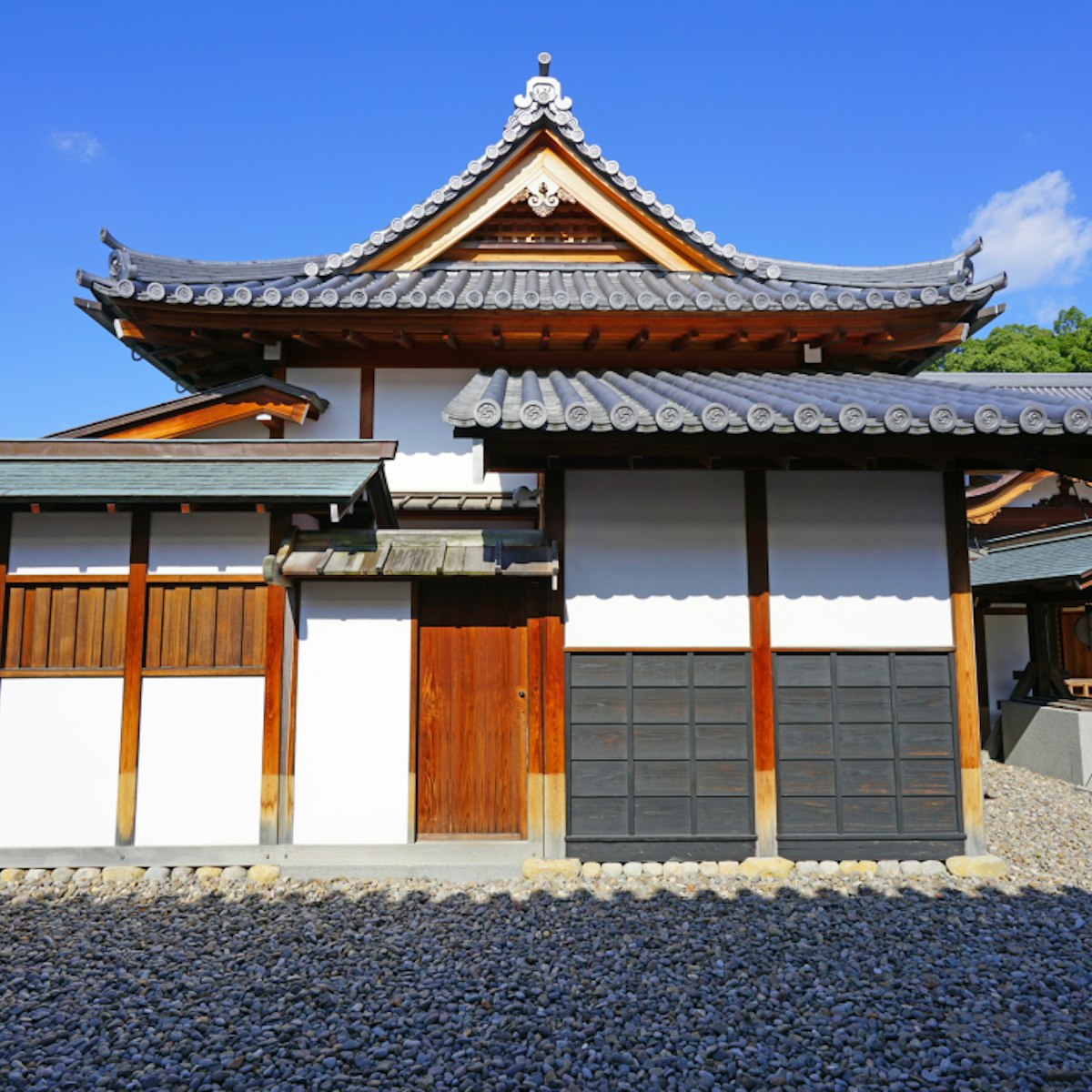During Japan's long period of seclusion, Chinese traders were theoretically just as restricted as the Dutch, but in practice they were relatively free. Only a couple of buildings remain from the old area, but Nagasaki still has an energetic Chinese community, a fact evident in the city's culture, architecture, festivals and cuisine. Visitors come from far and wide to eat here and shop for Chinese crafts and ornaments.
Lonely Planet's must-see attractions

2.44 MILES
A still, serene and deeply moving place, Nagasaki's Peace Park commemorates the atomic bombing of the city on August 9, 1945, which reduced the…

11.2 MILES
From afar, the Unesco World Heritage island of Hashima resembles a battleship, hence its nickname Gunkanjima ('battleship island'). Up close, this long…

0.19 MILES
In 1641 the Tokugawa shogunate banished all foreigners from Japan, with one exception: Dejima, a fan-shaped, artificial island in Nagasaki harbour. From…

28.83 MILES
This hilltop castle was ruled mostly by the Matsudaira clan from the 1660s and played a part in the Shimabara Rebellion. It was rebuilt in 1964. As well…

0.96 MILES
Situated on a forested hilltop and reached via multiple staircases with nearly 200 steps, this enormous shrine was established in 1625. Around the grounds…

2.21 MILES
On 9 August 1945, the world's second nuclear weapon detonated over Nagasaki, and this sombre place recounts the city's destruction and loss of life…

Nagasaki National Peace Memorial Hall for the Atomic Bomb Victims
2.24 MILES
Adjacent to the Atomic Bomb Museum and completed in 2003, this minimalist memorial by Kuryū Akira is a profoundly moving place. It's best approached by…

Nagasaki Museum of History & Culture
0.86 MILES
This large museum with attractive displays focuses on Nagasaki's proud history of international exchange. Additionally, there's a fabulous, detailed…
Nearby Nagasaki attractions
0.19 MILES
In 1641 the Tokugawa shogunate banished all foreigners from Japan, with one exception: Dejima, a fan-shaped, artificial island in Nagasaki harbour. From…
2. Nagasaki Prefectural Art Museum
0.29 MILES
Designed by Kuma Kengo (the architect behind Tokyo's Nezu Museum and 2020 Olympic Stadium), this museum straddles a canal in an environmentally friendly…
0.42 MILES
The gently inclined flagstone streets known as the Dutch Slopes were once lined with wooden Dutch houses. Several buildings here have been beautifully…
0.44 MILES
In the Dutch Slopes, this quiet museum showcases the area's history through historic photographs (note that most signage is in Japanese). The combined…
5. Kōshi-byō & Historical Museum of China
0.44 MILES
The jauntily painted Kōshi-byō shrine claims to be the only Confucian shrine built by and for Chinese outside China, and the statues of sages in its…
0.44 MILES
In the Dutch Slopes area, this museum has archaeological artefacts. The combined admission includes Ko-shashin-shiryōkan.
0.49 MILES
In Teramachi, this Ōbaku temple (Ōbaku is the third-largest Zen sect after Rinzai and Sōtō) was built in 1629 by Chinese monk Chaonian. Its red entrance…
0.52 MILES
For days when Gunkanjima is inaccessible (or even when it's not), you can tour the island from afar via high-tech video presentations and virtual-reality…







